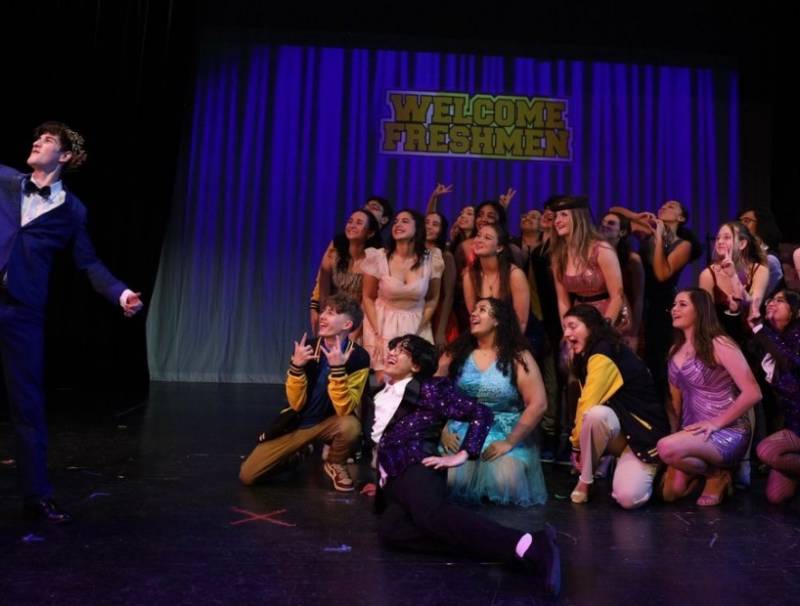Let’s Not Celebrate the New Generation of Celebrities
Celebrity: “A famous person; the state of being well known,” according to Google dictionary. Those people associated with fame, the names created by the media, often ones like this newspaper, they are celebrities. But what really defines a celebrity in the 21st century? A celebrity is someone we used to associate with talent. They had something special about them to make them known, but that’s not really the case anymore.
Whitney Houston, Michael Jackson, Prince, The Beatles, Steven Spielberg, Charles Dickens: all names that you recognize. They are some of the all time most celebrated artists and celebrities. They are people who have such talent that they have worked their way into our culture and countries all over the world know their names.
The media has always played a large role in the making of a celebrity, but the media has changed. It’s become so much more easily accessible, and creative, but also incredibly judgemental. Teenagers now have the power to create celebrities and oh boy have they.
A person we usually associate with talent, a celebrity, has become exactly the Google definition, rid of its common connotations. The 21st century celebrities are created mainly by the internet, by a group of teenagers who find these people attractive, bully said people, or find them funny and/or relatable. The new generation of celebrities, minus those with actual comedic ability, have legitimately become a scale to show how attractive or unattractive someone is. With some people gaining thousands of followers for posting videos of their face and nothing else, others are being harassed for their looks and gaining popularity because users tend to leave satirical and sarcastic comments, degrading them for the way they are. Celebrities have quite literally become a joke.
The majority of new generation of celebrities have been created from social media apps like Instagram and TikTok. Thanks to the millions of users on social media, the word celebrity is quickly devolving into a commonality. It’s becoming something that’s not as highly viewed as it used to be.
To be frank, teenagers are getting big heads. By gaining popularity based on the way they look, their egos are being inflated and they are legitimately monopolizing their physiognomy. They create this idea that they are better than other people based purely because of their looks. Their actions stray entirely away from the 21st century ideology about being more open towards people’s self expression and trying to overcome looks. It instead shoves teenagers into boxes of conformity and they don’t try to delve away or really express themselves because, who doesn’t want to be famous?






